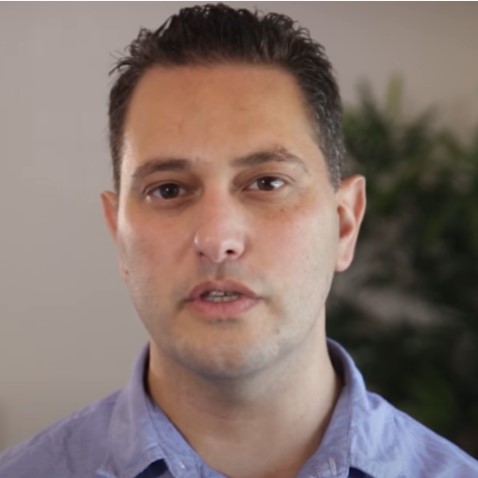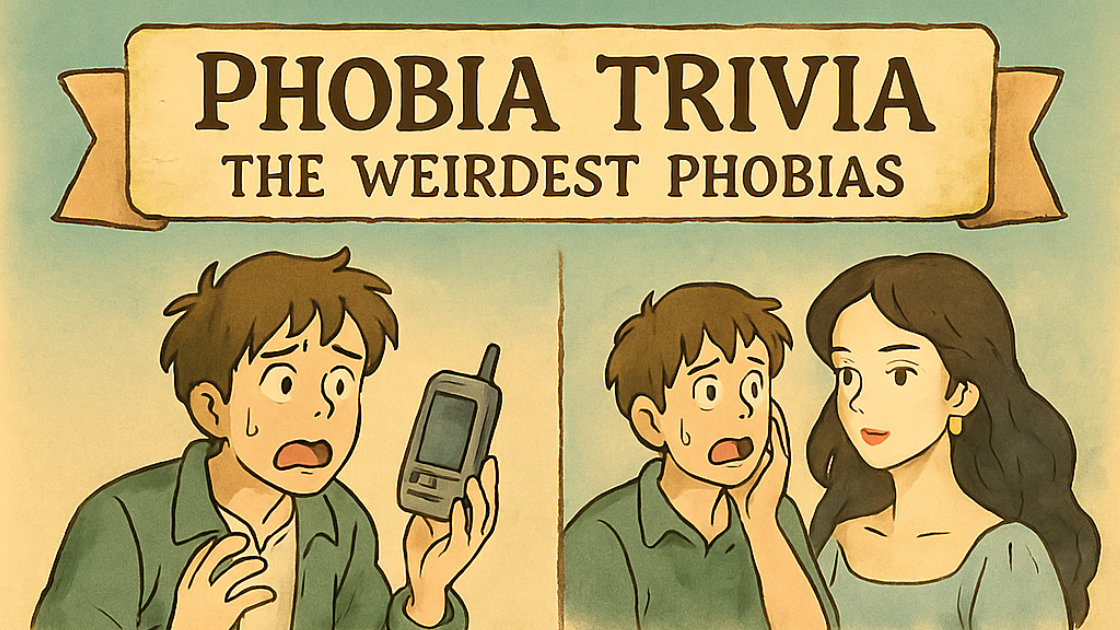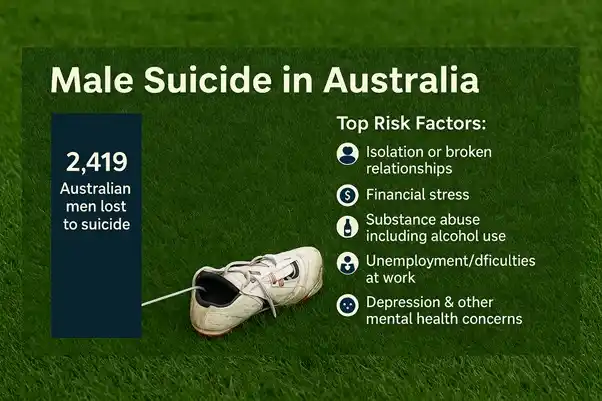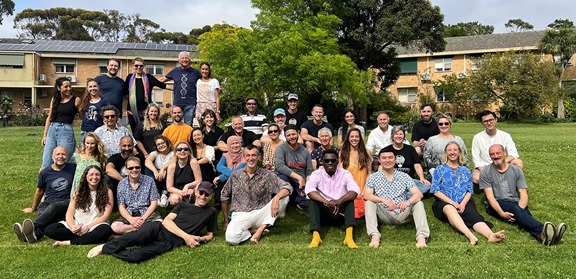Understanding grief and loss

Long before the conception of counselling, for many thousands of years human beings have experienced the feeling of loss. After the passing of a loved one most people experience the feeling of grief and experience the process of mourning.
After the loss the most common feeling is sadness. Anger, guilt, anxiety, loneliness, fatigue, helplessness, shock, yearning, liberation, relief, and numbness are all common feelings people experience. People often report experiencing physical symptoms
The most common reported sensations experienced by people who seek out grief counselling range from feeling hollow in the stomach, tight in the chest and throat, short of breath, muscle weakness, dry mouth , lethargy, oversensitive to noise, disassociation. Certain thoughts are common in early stages of bereavement.
In many instances the initial thought is disbelief. The person often becomes confused. It is usual for the survivor to be preoccupied obsessively thinking about the deceased and feeling the deceased presence. It is certainly not unusual for the survivor to experience visual and auditory hallucinations occurring a few weeks following the loss. There are specific behaviours frequently associated after the loss.
Many people experience a change in their sleeping and eating habits and they may become absentminded, withdraw socially and dream of the deceased. It is common to avoid reminders of the deceased and search or call out for the deceased. Frequently sighing is observed when people are grieving and in some instances people can become restless and engage in overactivity. Crying is frequent and research is pointing to tears having a healing value because it is speculated that tears remove the toxic effects from stress. At times it is common for the survivor to visit places or carry objects that remind them of the deceased. Conversely people can avoid these also. Often people begin to treasure objects that belonged to the deceased.
Most people are able to cope with these reactions and work through the following four tasks of mourning on their own
According to Worden (2006), there are four tasks in morning
- For the survivor to understand the reality of the loss
- To work through the pain of grief
- To adjust to an environment in which the deceased is missing
- To discover ways to feel comfortable to commence a new life whilst not forgetting the deceased
Some people find that they are experiencing trouble resolving their feelings in relation to the loss. This can be a barrier to complete the mourning tasks resulting in difficulty resuming a “normal” life. In this case counselling will often bring about a more effective adjustment to the loss.
About the Author
John Arber M. Soc. Sci. (Human Services –Counselling) SUT.
John has a special interest in grief loss and trauma. He is working at Bayside Psychotherapy in Highett, Victoria. In his master degree he wrote a paper titled when Thanatos is in conflict with Eros. John has taught under graduate psychology students grief and loss. John is currently undertaking further post graduate studies in grief, loss and trauma at the Australian Centre for Grief and Bereavement and is a Professional member of NALAG (National Association for Grief and Loss (Vic) INC, Clinical Member of CAPAV (Counsellor’s and Psychotherapy Association Victoria) Provisional Member of PACFA (Psychotherapy and Counsellors Federation Australia) and on the National ARCAP register.
References
Worden, J.W. (2006). Grief Counselling and Grief Therapy: a Handbook for the Mental
Health Practitioner. New York: Springer Publishing Company.
Here are a couple of blogs written on this topic you might find useful:
What Are Australians Most Afraid Of? N...
From snakes and spiders to needles and ghosts, fear takes many forms. But what do Australians fear most in 2025? At Bayside Psychotherapy, our expert.
Is It Time For The AFL To Cast A Menta...
At Bayside Psychotherapy we are passionate about mental health and like many fellow Melburnians, many on our team are avid AFL fans. So when two of our .
Exploring Emerging Therapies: Understa...
At Mind Medicine Australia, we are dedicated to transforming the trea.












